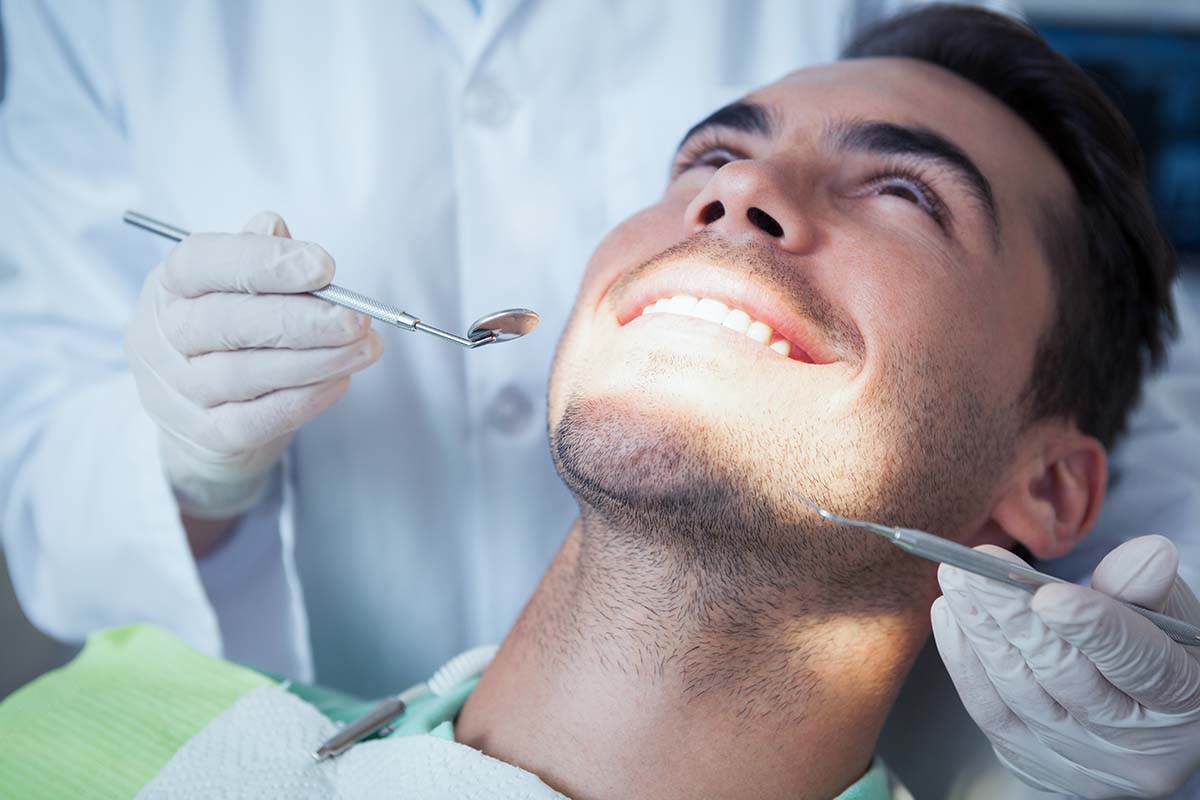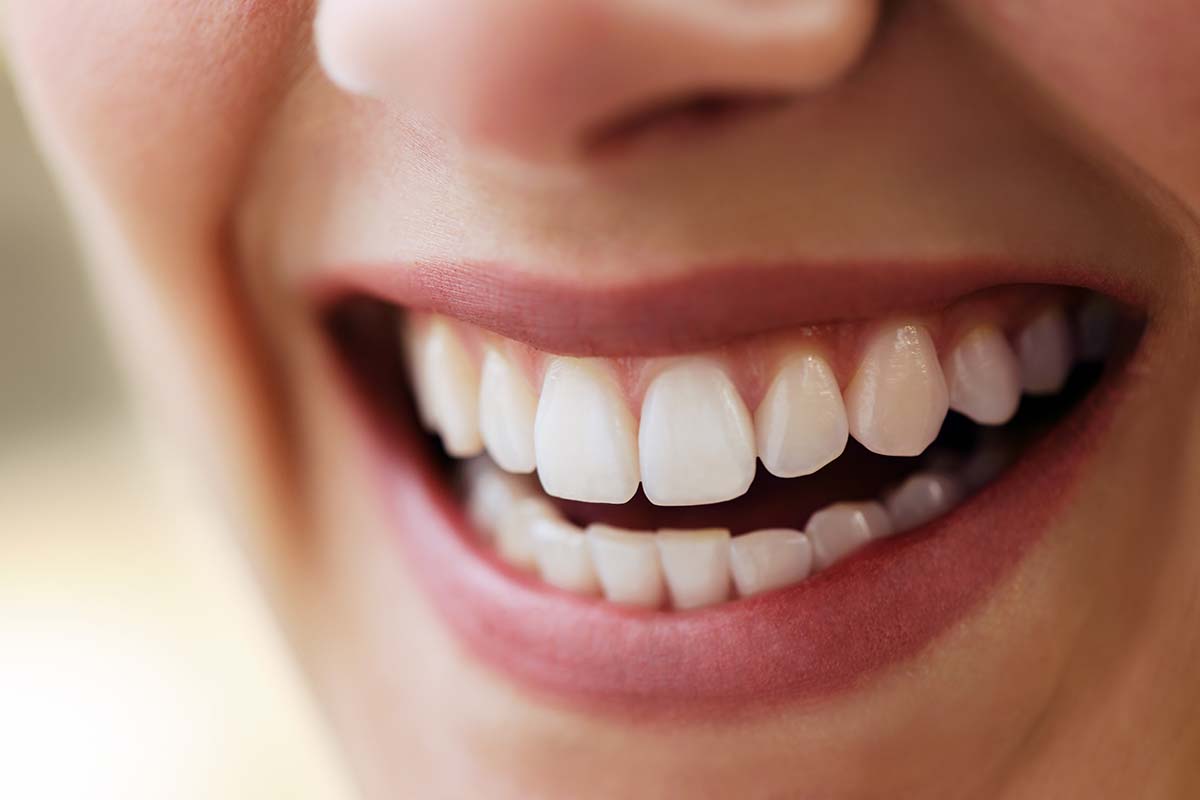The holistic approach considers the materials used in the crown and bridgework. We do not want to use the low gold alloys (used as the frame). We do not want to use any metal there are other metals (than high gold alloys) in the mouth. We would prefer to use non-metal techniques where possible.

In our practice composite resins are the most common filling material used.
In our hands they perform at least as well as amalgam. They are non-toxic and electrically neutral. Occasionally they are allergenic for some individuals but this can be exposed through dental compatibility testing. If one brand of composite is allergic another can be substituted.
I have never found any patient who was allergic to all of our composites.
Porcelain fillings are also available. Many people think they maybe more inert (than composite). That is not my experience and they in any case are “glued” in with composite resin and hence provide no advantage from that point of view.

I suffer some uncertainty regarding the holistic status of implants.
Titanium is non-toxic and usually non-allergenic. If implants are used we would rather titanium be the only metal in the mouth. We therefore would usually place non-metal crowns on top of an implant.
I have some uncertainty regarding the placement of a metal in bone. Some doctors opinions are that this may create an electrical “neural” interference even without dissimilar metals (galvanism). This is not certain.
Still, however I use them frequently. I would rather have an implant than a denture resting its weight on the gum. The implant can support a denture if we wish.
Many of my patients would rather have an implant than remove tooth structure from the adjacent teeth to support a bridge. That is reasonable.
Zirconia Non-Metal Implants solve many of the issues with titanium and we use them routinely.

